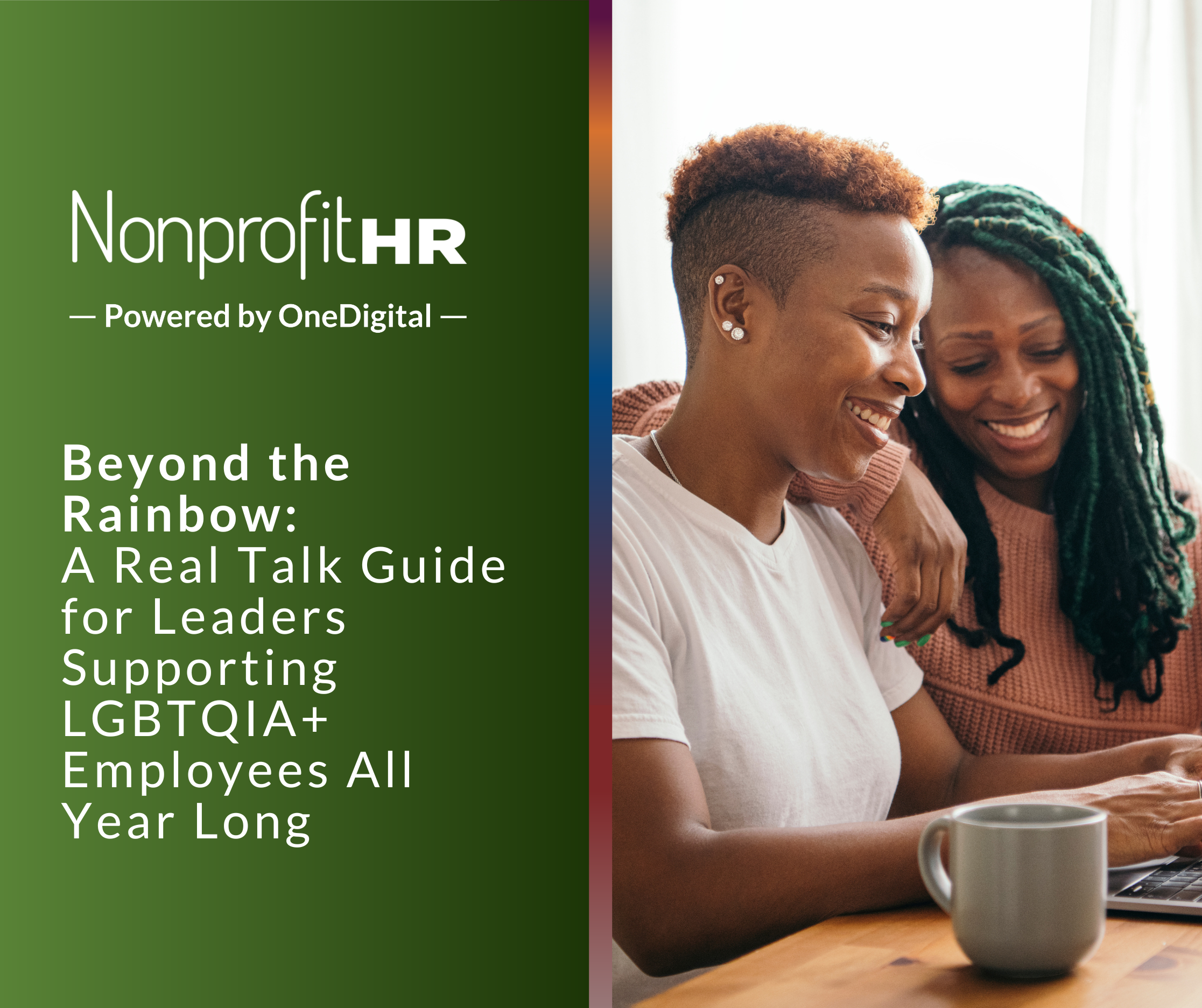WTOP: 5 ways nonprofits can…
Cyber Monday, the Monday following Thanksgiving, has become as important to retailers as Black Friday. It’s great for the nation’s economy except that all that shopping happens while consumers are supposed to be working. Is Cyber Monday now a “throw-away” day at the office? Be warned. This year, Cyber Monday is anticipated to be the biggest day for online sales in U.S. history.
The National Retail Federation reports that 51.8 percent of U.S. consumers will be doing their holiday shopping online this year, up 5 percent from 2011 and the first time the annual survey has shown online shoppers as the majority. Most consumers shop Cyber Monday deals in the morning; 33% shop between 5:00am and 9:00am, according to PriceGrabber.
So what are employers doing to combat this day of lost productivity? Very little it seems.
Thirty-three percent of chief information officers (CIOs) interviewed by staffing firm Robert Half Technology said their companies block access to online shopping sites, down from 60 percent last year.
The 2012 survey developed by Robert Half Technology asked CIOs, “What is your company’s policy regarding employees shopping online while at work?” They responded:
- Block access to online shopping sites – 33 percent
- Allow access but monitor for excessive use – 55 percent
- Allow unrestricted access – 10 percent
- Don’t know/other – 2 percent
In 2011, 23 percent of those surveyed allowed employees to access online shopping but monitored for excessive use, and 13 percent allowed unrestricted access.
“Many businesses acknowledge the need for f.lexibility during the hectic holiday season and allow some online shopping at work, within reason,” said John Reed, senior executive director of Robert Half Technology.
To help workers shop wisely and remain productive, employers can:
- Make sure workers are aware of a company’s internet policy.
- Remind workers of the danger of clicking on links or visiting sites that could infect a company’s network with viruses or malware.
- Encourage employees to limit internet shopping to quick transactions; browsing should be done at home.
- Address related issues. If workers want to make purchases using a smartphone, an employer should remind them of a company’s personal cell phone use policies as well as rules relating to how they are to spend their paid working time.





























